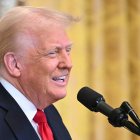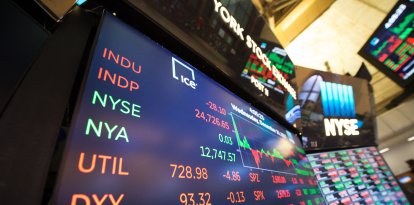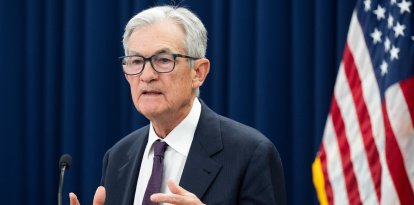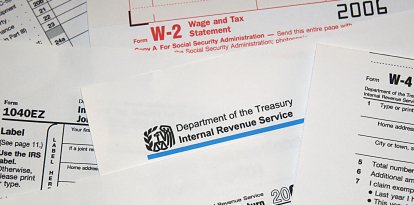'March madness' in the automotive world: Auto sales soared ahead of Trump's tariffs
The president's impending tariffs caused customers to flock to dealerships, especially looking for hybrid options.

A Toyota dealership in Alhambra, California, on March 27, 2025.
Auto dealers across the country saw their sales and commissions soar in March in a way they haven't in a long time thanks, in large part, to President Donald Trump's impending tariffs.
Faced with an almost certain price hike, customers flocked to their favorite dealerships, especially considering the market's hybrid options.
According to a report in The New York Times, brands such as Toyota, which dominates the hybrid market, increased their sales of electric and hybrid models by 44% in March, reaching 113,000 units sold, accounting for nearly half of their total sales.
Another company that saw an increase in sales of hybrid and electric models was General Motors, which reported that its sales of all-electric vehicles nearly doubled, reaching 32,000 units.

Politics
Trump announced tariffs of 25% for all cars "that are not made in the United States"
Joaquín Núñez
According to the NYT, this increase in sales was due to the wide availability of the electric version of the Equinox SUV, one of the most affordable electric models in the U.S.
Without giving a specific figure for March, G.M. reported that its first-quarter sales were up 17% year-over-year, selling 693,000 units.
In addition, Hyundai reported an astronomical increase in its quarterly hybrid sales, which soared 68%, an impressive figure especially compared to electric vehicle sales, which were up only 3%.
Randy Parker, CEO of Hyundai Motor North America, told reporters, "This past weekend was by far the best weekend I’ve seen in a very long time."
In contrast, BMW did report a 26% increase in sales of its electric cars in the U.S.
Other companies did give spot-on numbers for March.
For example, Ford Motor reported Monday that its dealer sales were up 19% in March, offsetting drastic losses in January and February, where the company experienced sales declines of 10.6% and 8.9%, respectively.
The clear number is that, while sales of hybrid and some electric models soared, cars with internal combustion engines grew only moderately in a few models. Other combustion-powered cars saw declining demand.
The sales rebound in March occurred in anticipation of the 25 % tariffs on cars and auto parts that Trump announced would take effect.
Various experts believe that automakers will have to raise the price of some models by more than $10,000 to compensate for the cost increases caused by the tariffs.


























